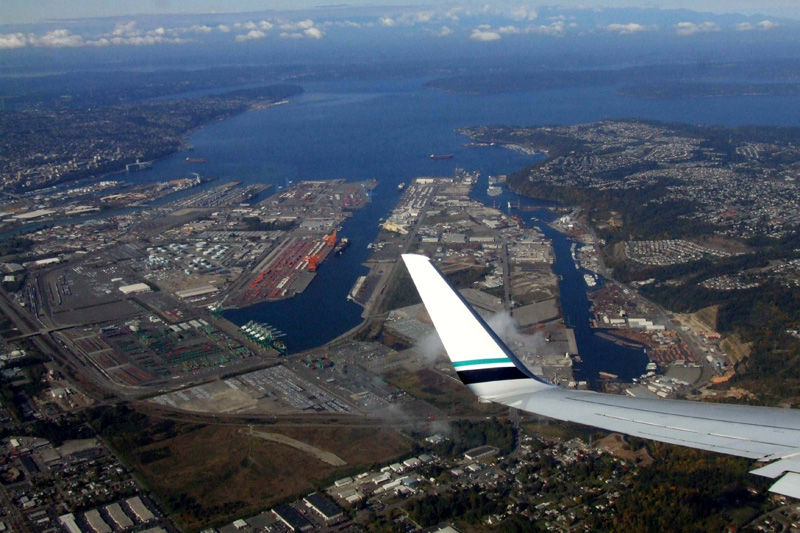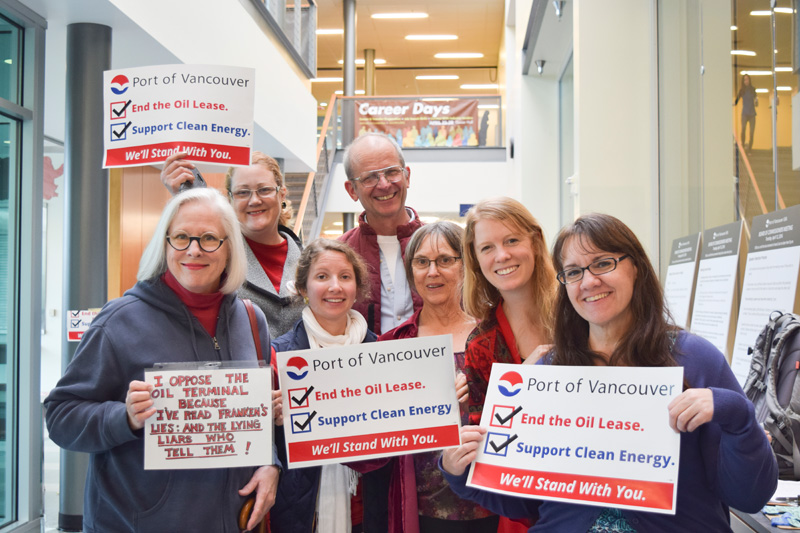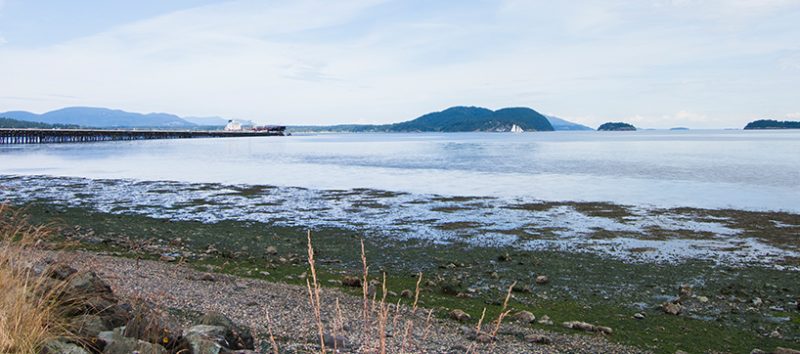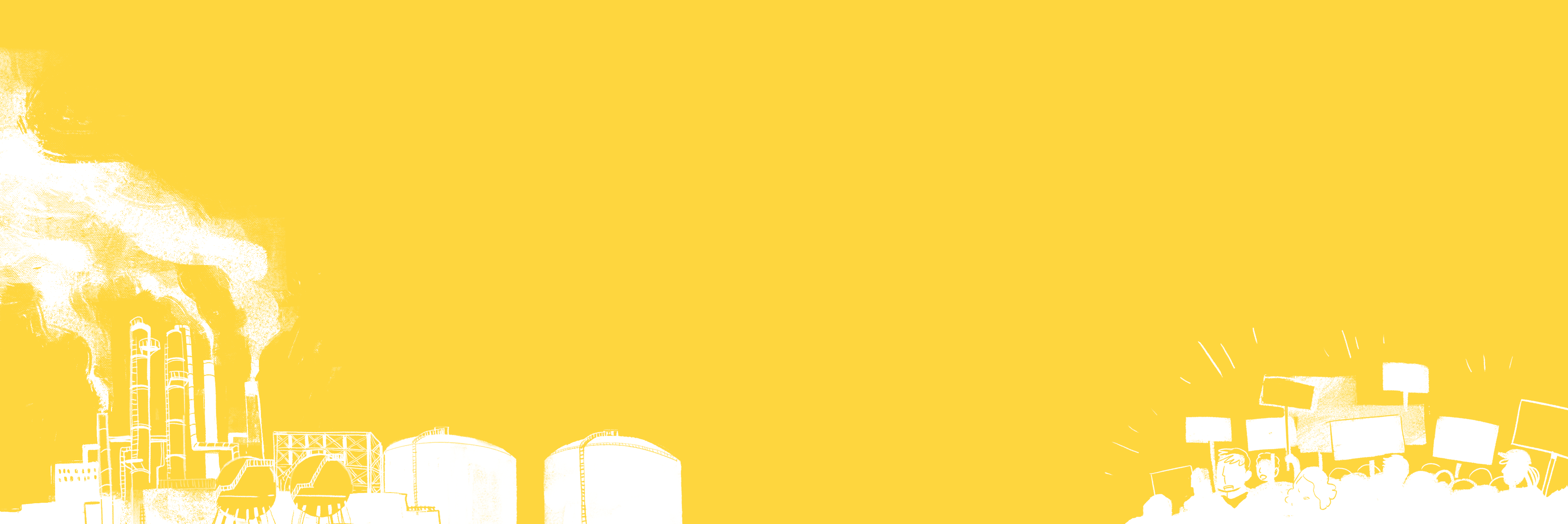In communities targeted by the fossil fuel industry, we work to ensure the protection of community health and safety with permanent policy barriers to prevent dirty fossil fuel projects.
TACOMA
Tacoma is an epicenter for the fossil fuel industry, with rail and port access to a heavy industrial area, a refinery, several oil storage facilities, and an active fracked gas terminal proposal. Tacoma has a legacy of contamination and is now working to shift the tide away from its role as a fossil fuel hub towards healthier and more diverse economic development.
In response to community outcry, in 2019 the City adopted a climate emergency resolution which followed on the heels of a temporary ban on new fossil fuel infrastructure passed in 2017 and has since been renewed regularly.
Now, in 2021, the City of Tacoma is working to transition these temporary code to permanent code updates that could ban new and expanded bulk fossil fuels facilities. At the same time, the City is leading the effort towards a comprehensive plan for the Port industrial area that has the possibility of supporting long-term solutions, creating family-wage jobs, addressing the legacy of pollution, and creating an equitable clean energy economy.

VANCOUVER, WA
After defeating the largest oil-by-rail terminal (Tesoro-Savage proposal) in North America in 2018, the community of Vancouver has stuck together and is working to ensure the fight to stop the Tesoro-Savage proposal was the last one needed against more bulk terminals. As part of this work, the City established a ban on bulk oil terminals in 2016, the Port of Vancouver passed a policy in 2019 against pursuing new fossil fuel terminal leases and in 2020 the City passed a new moratorium, building on the oil ban, to apply to all bulk fossil fuel facilities. The City is now working towards developing permanent protective policies.

WHATCOM COUNTY
Whatcom County has been at the forefront of the Northwest’s fight against fossil fuel terminals for many years, with the historic win by the Lummi Nation in 2016 to stop a massive coal export terminal solidifying this area as a key battleground. The Cherry Point area already has two active refineries and is facing the ongoing threat of new and expanded terminals impacting the health and safety of the community and the health of the Salish Sea. In response, the County put in place a temporary ban on new and expanded fossil fuel facilities in 2016 while it works to establish long-term protections, which are expected to pass in 2021.

Alongside our work to fortify communities against new bulk fossil fuel terminals, WEC and our partners are working to support local jurisdictions in establishing climate action plans. These two complementary efforts are focused on building local power, local control, and the ability to protect the health and safety of local communities. Read more about local climate action plans >>
Local Climate Action Plans

